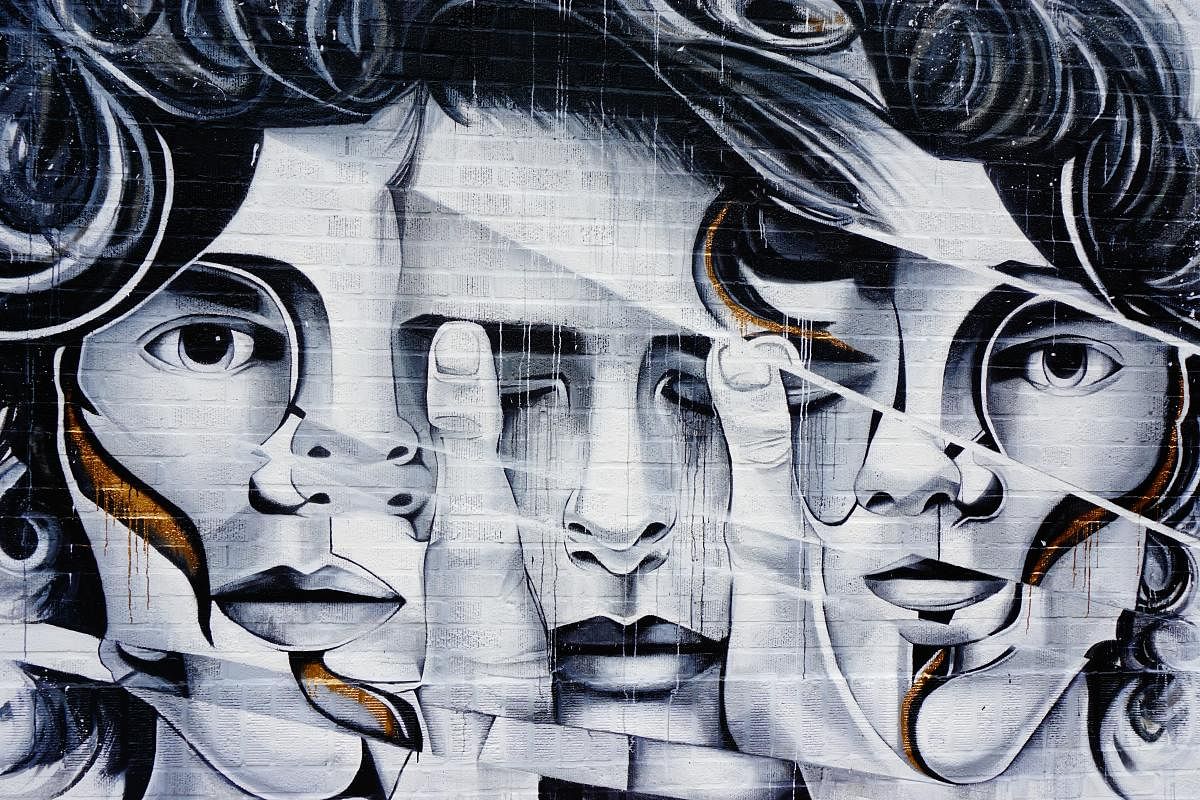
The pandemic affected the transgender community in more ways than one. Their major source of income which includes begging, dancing and singing at functions related to newborns or newly-weds, dried up owing to a lockdown being clamped. Now, even the vaccination drive has virtually ‘othered’ them out. With the access to healthcare facilities being almost nil, the community faces a larger risk of contracting coronavirus. Many from the community could not register on the government portal to get the jab owing to gender identification issues.
Barring a couple of state governments, others have been offering lip service in addressing the issues faced by them. “The government has given us some money and ration. But it would not even suffice for a week. As Indian nationals, we are entitled to a lot of benefits which unfortunately are existing only on paper,” laments Karnataka Rajyotsava Awardee and activist Akkai Padmashali. Resonating Akkai’s thoughts, Manipur-based activist Santa Khurai, who has been fighting for the rights of the queer community in the Northeast, says: “Only 10% of the community have received the promised sum of Rs 1,500. I keep writing to the authorities but in vain.”
Stigmatised
Ranging from losing their livelihoods to discrimination, this marginalised section of the society has faced ill-treatment owing to the stigma associated with them. “When I went to get vaccinated, the people standing in the queue moved away from me as if I was an untouchable. The behaviour of the people made me cry,” says Shantala, a transwoman. “What is the use of the government passing the laws of equality and inclusion when it is not implemented on the ground,” she questions?
The Ministry of Social Justice and Empowerment, Government of India, in a notice in May, had urged the Principal Secretaries of all the States and Union Territories to create awareness about the vaccines and also to set up separate camps to help the transgender community to get the jabs without any fear and stigma. However, this is far from being implemented in many of the states. “Our members affected from Covid-19 were asked to share a room in the men’s section disregarding the privacy factor of the transwomen. We have also been urging the authorities to take an informed consent of the individuals before implementing a blanket vaccination programme,” says Santa whose sister, Bonita Pebam, ensured mass vaccination of trans-people through the Maruploi Foundation. Taking note of the situation, few activists like Shyam Konnur, who was crowned Mr Gay India 2020 and who runs an NGO called MIST in Pune, decided to take the initiative forward. “We were losing time with the second wave wreaking havoc in the country and most of the trans-people being excluded from the scheme of the government. We tied up with ‘Vaccine on Wheels’ and gathered around 18-20 trans-people at one place every day and got them vaccinated,” says Shyam who has helped around 120 members to take the jab.
Reality bites
The disparity in numbers has also been a clog in the wheel for the government to formulate policies. “Karnataka has included transgenders in priority groups for Covid-19 vaccination. We are also conducting exclusive camps to vaccinate transgenders. It is estimated that the eligible transgender population in the State is about 10,761 and 4,281 have been vaccinated so far,” says Dr K Sudhakar, Minister of Health & Family Welfare and Medical Education, Government of Karnataka. However many activists and community members feel otherwise. “Firstly, we are not aware of such a scheme by the Government. Secondly, there is no data on the trans population. The figures of the National census done in 2011 are grossly wrong. Just by adding an ‘other’ category, we cannot guess the estimated numbers. Many were transitioning and many still do not wish to come out,” says Akkai. Convincing the community members to get vaccinated is another big hurdle with many from the LGBTQ community suffering from HIV, Tuberculosis, thyroid and other health-related issues. “We were skeptical of the effects of the vaccine on a person who is on steroids or hormonal medicines needed for transition. We had to consult the doctor for each individual,” says Aryan Pasha, who is a lawyer and the first transman bodybuilder in India. He is also a part of the Gaurav Organisation which arranged Mumbai’s first vaccination drive for transgender and Hijra community members where more than 70 people got inoculated in a single day. The need of the hour is to train a section of healthcare staff so that they are in a better position to handle the patients from the community. Another solution could be the recruitment of transgender persons who can be trained in healthcare facilities so that it solves both, the problem of sensitivity and inclusion while giving them a legal and dignified means of livelihood.